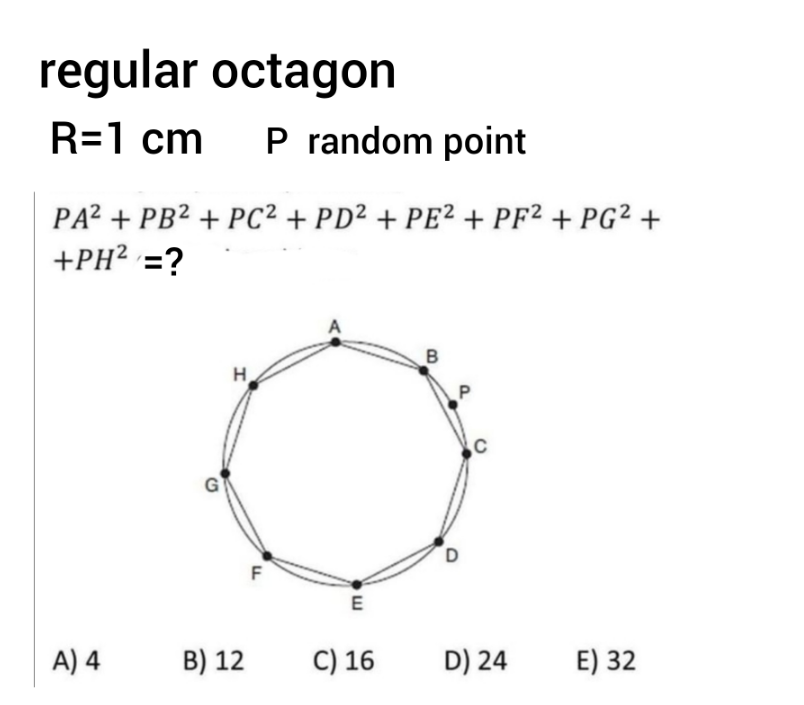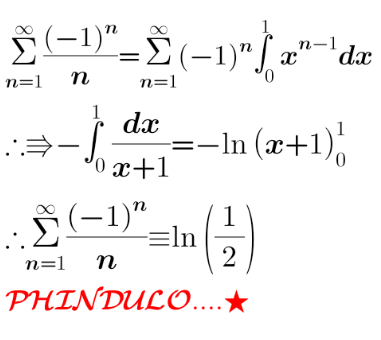
AllQuestion and Answers: Page 555
Question Number 164626 Answers: 1 Comments: 1

Question Number 164623 Answers: 1 Comments: 0
Question Number 164622 Answers: 2 Comments: 0
Question Number 164615 Answers: 0 Comments: 0

Question Number 164612 Answers: 3 Comments: 0
Question Number 164609 Answers: 1 Comments: 0
Question Number 164606 Answers: 2 Comments: 0
Question Number 164605 Answers: 1 Comments: 0

Question Number 164600 Answers: 3 Comments: 0

Question Number 164599 Answers: 0 Comments: 1
Question Number 164598 Answers: 0 Comments: 0
Question Number 164591 Answers: 1 Comments: 0
Question Number 164590 Answers: 1 Comments: 0
Question Number 164589 Answers: 0 Comments: 0
Question Number 164588 Answers: 0 Comments: 0
Question Number 164585 Answers: 2 Comments: 0
Question Number 164576 Answers: 1 Comments: 0

Question Number 164568 Answers: 2 Comments: 0
$$\:\:\:\frac{\mathrm{1}}{\:\sqrt{\mathrm{2}−{x}}}\:>\:\frac{\mathrm{1}}{{x}−\mathrm{1}} \\ $$
Question Number 164564 Answers: 0 Comments: 0
Question Number 164560 Answers: 2 Comments: 1
Question Number 164555 Answers: 2 Comments: 0
Question Number 164553 Answers: 3 Comments: 1

Question Number 164549 Answers: 2 Comments: 0

Question Number 164547 Answers: 1 Comments: 0
Question Number 164546 Answers: 1 Comments: 4

Question Number 164544 Answers: 2 Comments: 0
Pg 550 Pg 551 Pg 552 Pg 553 Pg 554 Pg 555 Pg 556 Pg 557 Pg 558 Pg 559
